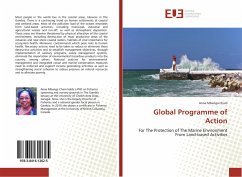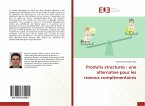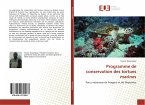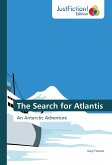Most people in the world live in the coastal areas, likewise in The Gambia. There is a continuing trend on human settlements at coastal and wetland areas. Most of the pollution load of the oceans emanates from land-based activities, including municipal, industrial and agricultural wastes and run-off, as well as atmospheric deposition. These areas are likewise threatened by physical alteration of the coastal environment, including destruction of most productive areas of the estuaries and near-shore coastal waters, habitats of vital importance for ecosystem health, Moreover, contaminants which pose risks to human health. Necessary actions need to be taken to reduce or eliminate these destructive activities and to establish management objectives, through implementation of sanitary programs, waste management systems, eliminate the importation of environmental hazardous products into the country, among others. National policies for environmental management and integrated costal and marine conservation measures need to enforced and support income generating activities as well as strengthening social cohesion to reduce pressure on natural resources and to alleviate poverty.
Hinweis: Dieser Artikel kann nur an eine deutsche Lieferadresse ausgeliefert werden.
Hinweis: Dieser Artikel kann nur an eine deutsche Lieferadresse ausgeliefert werden.








